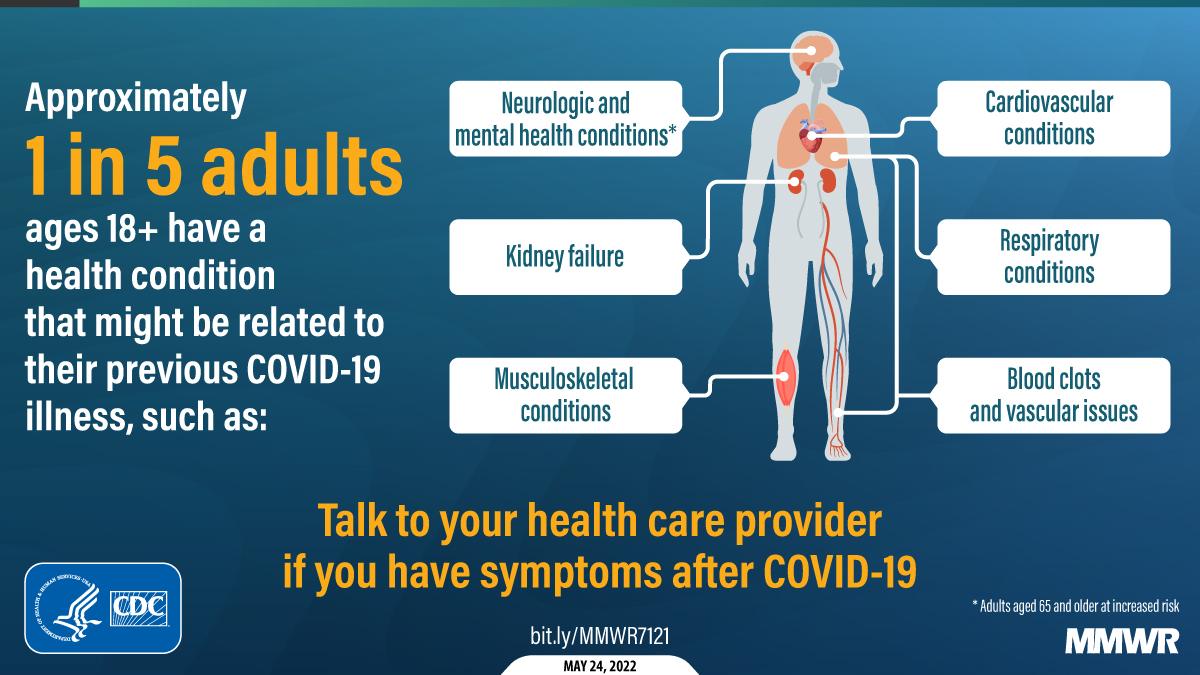New COVID Symptoms Emerging: What You Need to Know

Introduction
The ongoing evolution of COVID-19 continues to pose challenges as new variants emerge. As the virus mutates, researchers and healthcare professionals are noting changes in symptoms that are crucial for public awareness. Understanding these new symptoms is essential for timely diagnosis, treatment, and prevention of further spread.
Recent Findings on New Symptoms
The UK Health Security Agency recently reported that the Omicron variant has led to an increased prevalence of atypical symptoms among COVID-19 patients. While classic symptoms like fever, cough, and loss of taste or smell remain, new symptoms such as headaches, sore throats, runny noses, and fatigue have been reported more frequently. Additionally, some individuals are experiencing gastrointestinal issues, including nausea and diarrhoea, which were less common in earlier variants.
Research and Data
Several studies have suggested that patients infected with the Omicron variant are less likely to experience severe symptoms compared to those infected with earlier variants like Delta. A large-scale study conducted in early 2023 indicated that only about 15% of patients with Omicron reported the classic ‘triad’ of COVID symptoms (fever, cough, loss of taste/smell), with many instead reporting flu-like symptoms. Furthermore, health experts are advising that this variant may present symptoms similar to common colds, which can lead to individuals dismissing their condition and potentially spreading the virus unknowingly.
Implications for Public Health
As new symptoms arise, it is critical for individuals to remain vigilant. Public health officials continue to encourage regular testing, especially for those exhibiting any signs of illness, regardless of whether they fit the traditional symptom profile. Vaccination continues to be a vital tool in reducing transmission and preventing severe outcomes.
Conclusion
The emergence of new COVID symptoms warrants close attention from both healthcare professionals and the public. Understanding these changes is significant for timely intervention and continued efforts in managing the pandemic. As researchers continue to track the virus’s evolution, it is essential for everyone to remain informed and proactive in their health decisions. Given the unpredictable nature of COVID-19, ongoing updates on symptoms and vaccination status will remain crucial for public safety.
